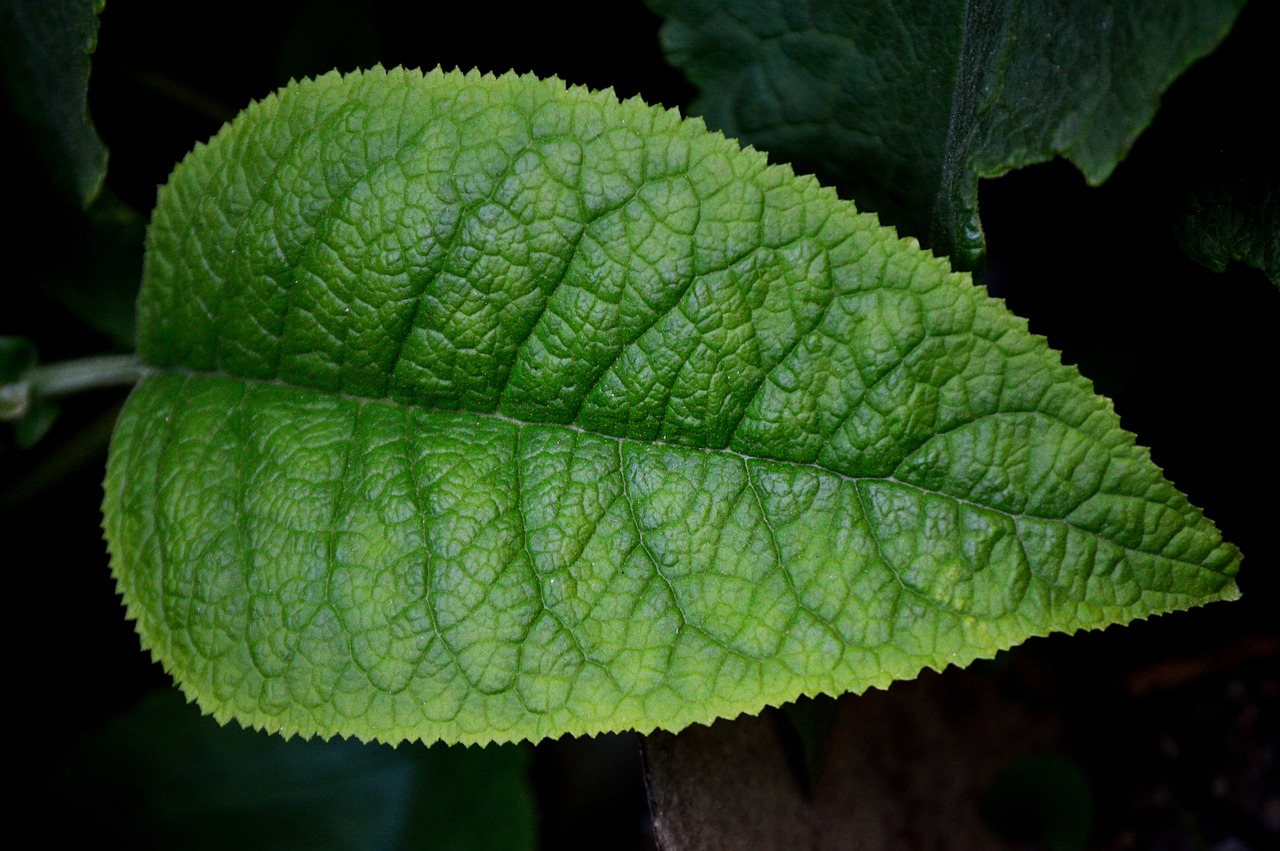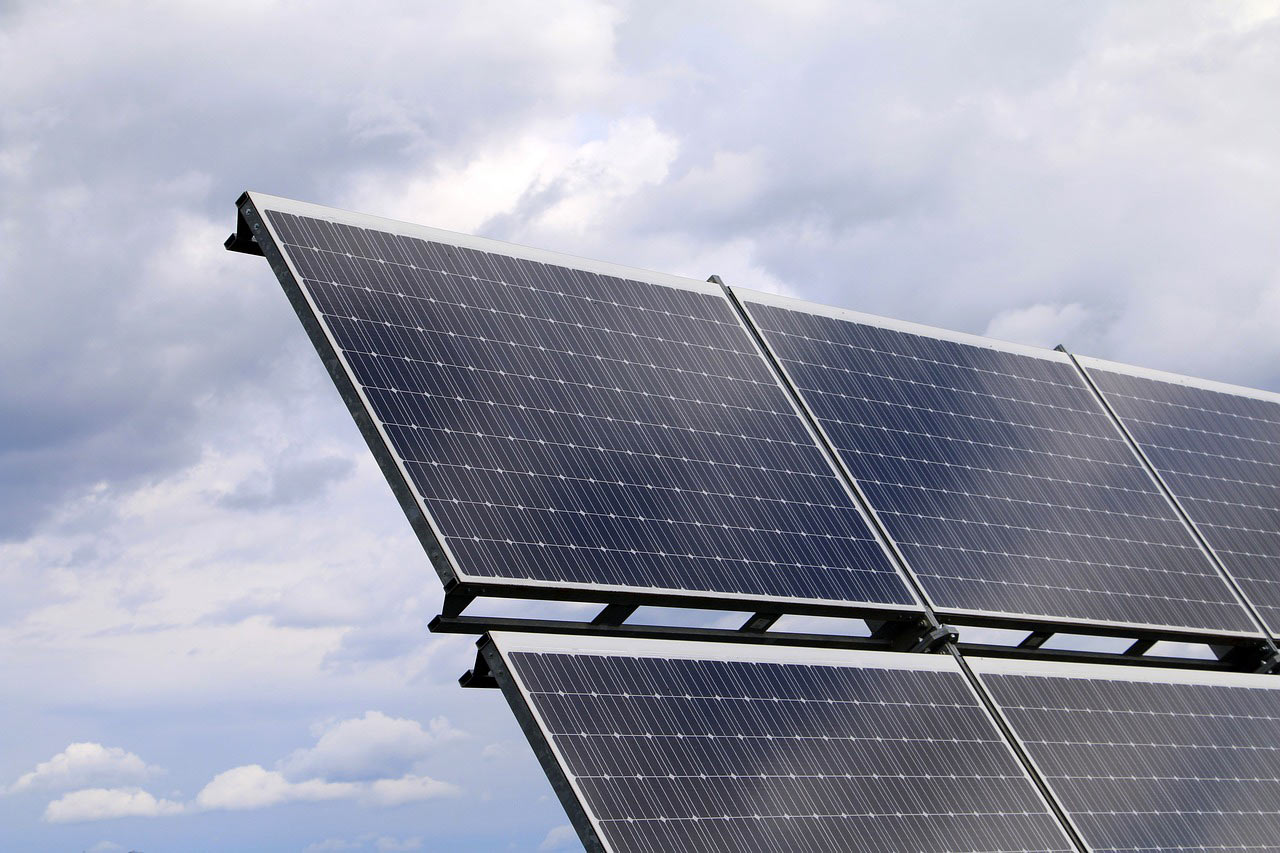In Brazil, the Rio press office has announced a waste-to-energy pilot plant that produces biogas and fertilizer was recently installed in the city of Rio de Janeiro. The press office said the plant is located at the municipal company of urban cleaning (Comlurb) in the Caju neighborhood.
The pilot waste-to-energy plant has completed a month in operation and is able to extract 100 to 150 cubic meters of biogas per ton, with 50 to 60 percent methane concentration.
With a processing capability of 30 tons per day, the city says the plant’s monthly biogas production can power 1,000 cars or generate energy for more than 1,000 homes.
With a processing capability of 30 tons per day, the city says the plant’s monthly biogas production can power 1,000 cars or generate energy for more than 1,000 homes.
The unit consists of modules, which receive the waste and are sealed for a period of two to three weeks while the bacteria introduced into the compartment degrade the organic matter and produce methane. The gas is stored while the remaining material is removed and used as fertilizer.
Microorganisms are sprayed into the modules through pipes with heavy use of electronics. Sensors and meters enable controlling and optimizing biogas production. The plant also has a generator to produce electric energy from gas combustion.
The city says the Comlurb plant receives solid waste from different neighborhoods with different consumption and waste production standards, offering enough diversity to “simulate the conditions of different Brazilian towns.”
In addition, Comlurb has a conventional composting plant with in situ aerobic digestion, which allows comparing the results of the two technologies.






